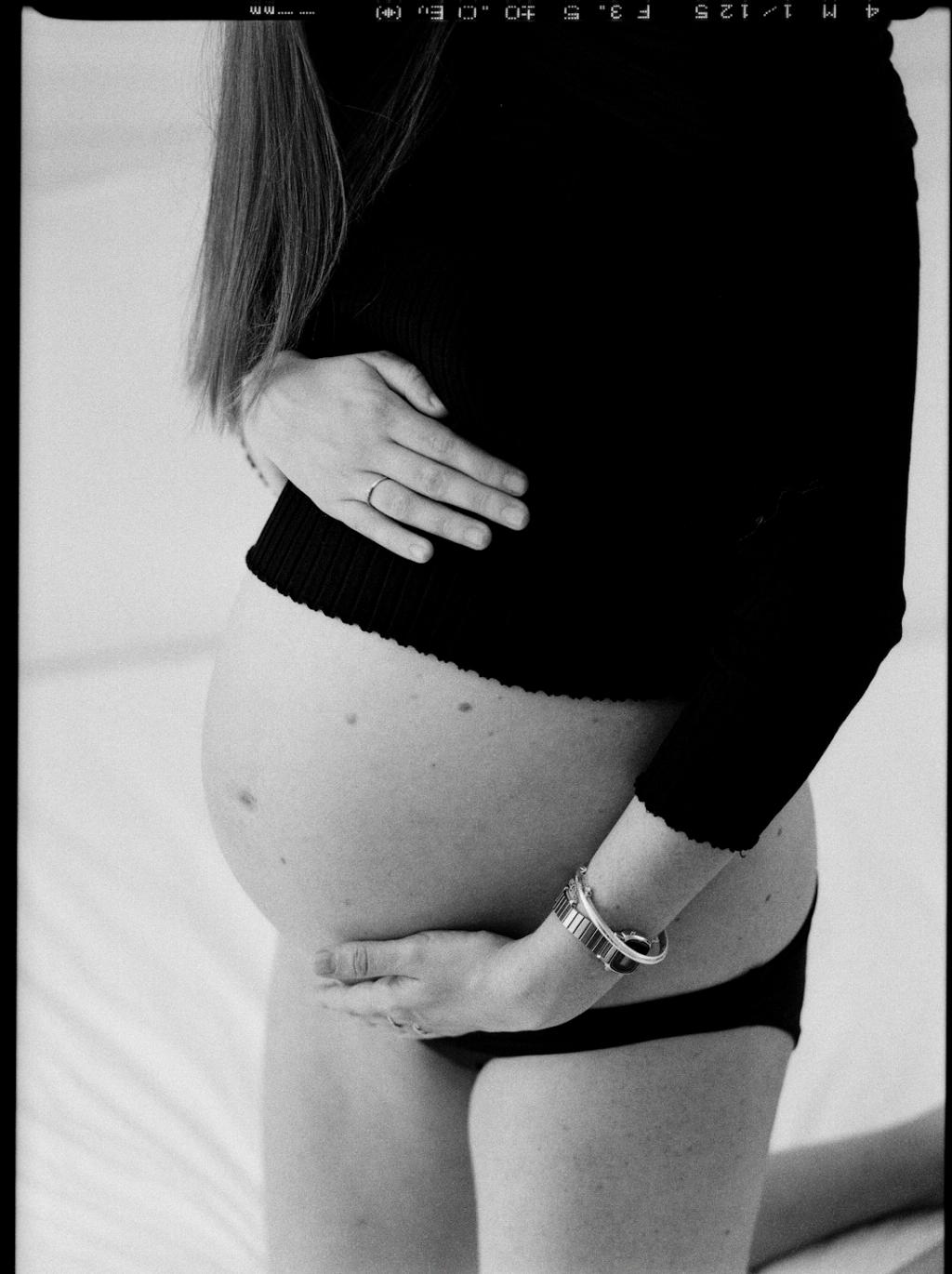When it comes to pregnancy experiences, morning sickness is a common topic of discussion. Many expectant mothers eagerly anticipate its arrival as a potential sign of a healthy pregnancy. However, the timing and severity of morning sickness can vary greatly from woman to woman. One common question that arises is whether morning sickness can start at 12 weeks into the pregnancy.
At 12 weeks pregnant, you may find yourself experiencing a range of symptoms that are typical for this stage of gestation. An aching stomach, nausea, and mood swings are among the signs of early pregnancy that you might encounter during this time. These symptoms can be indicative of the hormonal changes and physical adjustments taking place in the body as the pregnancy progresses.
While the term “morning sickness” may suggest that the nausea and vomiting are confined to the morning hours, many women actually experience these symptoms throughout the day. The exact onset of morning sickness can vary, with some women noticing it as early as the first few weeks of pregnancy, while others may not experience it until later on, such as around 12 weeks.
For some women, morning sickness may indeed start at the 12-week mark. It is important to remember that each pregnancy is unique, and factors such as hormone levels, body chemistry, and overall health can influence the timing and intensity of morning sickness symptoms. If you find yourself feeling nauseous or experiencing vomiting at 12 weeks, it is not necessarily a cause for concern.
As your pregnancy progresses, it is essential to listen to your body and seek support from healthcare providers if you are experiencing severe or persistent morning sickness. Your healthcare team can provide guidance on managing symptoms, staying hydrated, and ensuring the well-being of both you and your baby.
While morning sickness can be challenging to deal with, especially if it starts at 12 weeks or later, it is important to remember that it is often a temporary phase of pregnancy. In many cases, morning sickness tends to improve as the pregnancy advances into the second trimester, bringing relief to mothers-to-be.
Managing morning sickness at 12 weeks may involve making dietary changes, such as eating smaller, more frequent meals, avoiding triggers that worsen nausea, and staying hydrated. Some women find relief from alternative therapies like acupuncture or herbal remedies, but it is crucial to consult with a healthcare provider before trying any new treatments.
It is also essential to prioritize self-care during this time and listen to your body’s needs. Resting when you feel tired, engaging in gentle exercise, and practicing relaxation techniques can all contribute to a sense of well-being during pregnancy and may help alleviate the symptoms of morning sickness.
Remember that each woman’s pregnancy journey is unique, and there is no one-size-fits-all answer to when morning sickness may start or how it will manifest. By staying informed, seeking support when needed, and taking care of yourself both physically and emotionally, you can navigate the ups and downs of pregnancy with greater confidence and comfort.
In conclusion, morning sickness can indeed start at 12 weeks into the pregnancy for some women. With patience, self-care, and guidance from healthcare providers, you can manage the symptoms effectively and focus on the exciting journey of bringing new life into the world.

